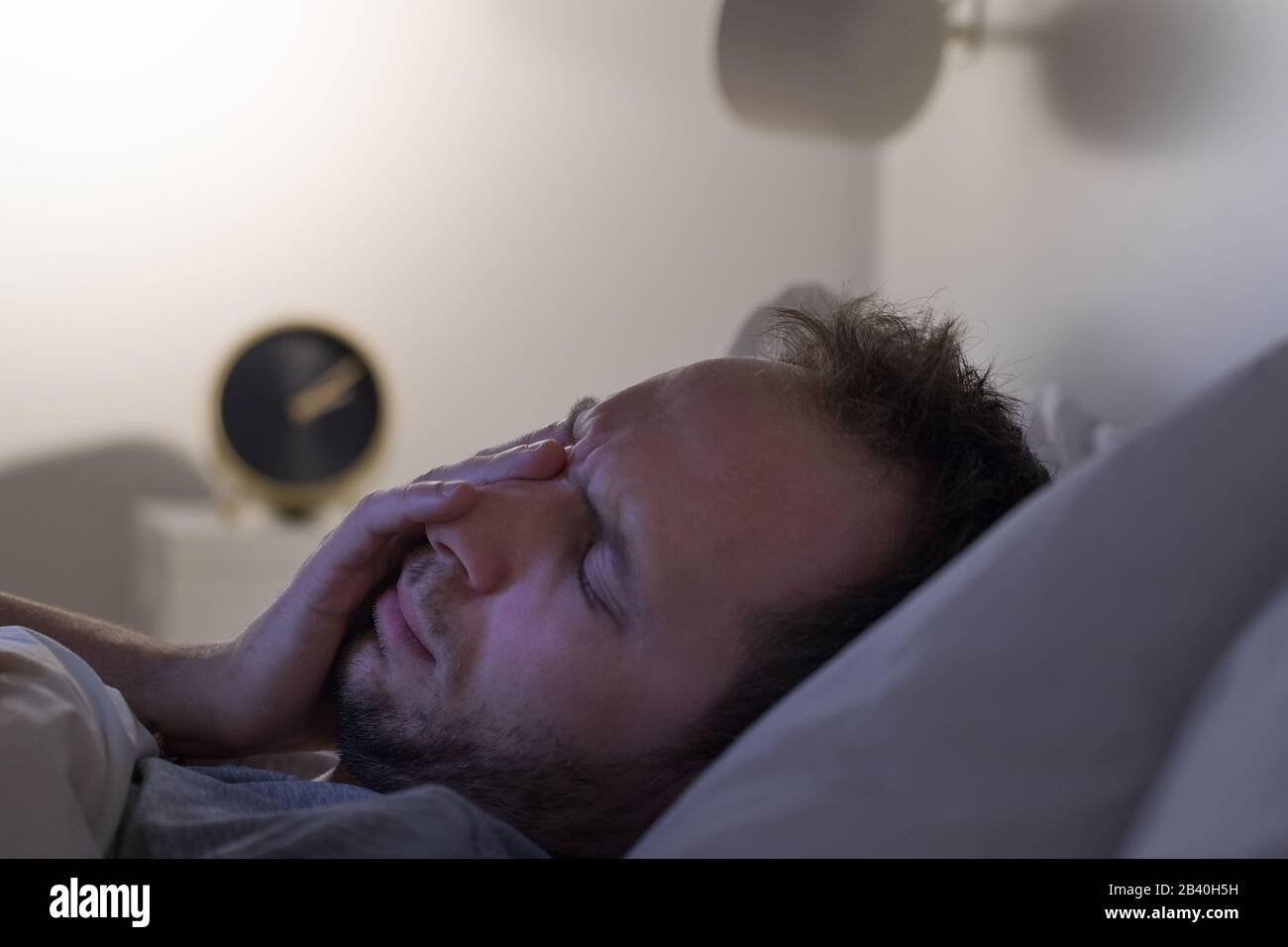Bad dreams in middle age ‘linked to higher risk of dementia’
A previous study of people with Parkinson’s disease also noted a link between frequent distressing dreams and cognitive decline.

Your support helps us to tell the story
From reproductive rights to climate change to Big Tech, The Independent is on the ground when the story is developing. Whether it's investigating the financials of Elon Musk's pro-Trump PAC or producing our latest documentary, 'The A Word', which shines a light on the American women fighting for reproductive rights, we know how important it is to parse out the facts from the messaging.
At such a critical moment in US history, we need reporters on the ground. Your donation allows us to keep sending journalists to speak to both sides of the story.
The Independent is trusted by Americans across the entire political spectrum. And unlike many other quality news outlets, we choose not to lock Americans out of our reporting and analysis with paywalls. We believe quality journalism should be available to everyone, paid for by those who can afford it.
Your support makes all the difference.People who experience frequent bad dreams in middle age could be more likely to be diagnosed with dementia later in life, research suggests.
A study found that bad dreams could become more common several years or even decades before thinking and memory problems set in.
A previous study of people with Parkinson’s disease also noted a link between frequent distressing dreams and faster rates of cognitive decline.
Dr Abidemi Otaiku, from the University of Birmingham’s Centre for Human Brain Health, who carried out the new research, said: “We’ve demonstrated for the first time that distressing dreams, or nightmares, can be linked to dementia risk and cognitive decline among healthy adults in the general population.
https://mobile.twitter.com/Abidemi_Otaiku/status/1572526376837869569
“This is important because there are very few risk indicators for dementia that can be identified as early as middle age.
“While more work needs to be done to confirm these links, we believe bad dreams could be a useful way to identify individuals at high risk of developing dementia, and put in place strategies to slow down the onset of disease.”
For the study, published in The Lancet journal eClinicalMedicine, Dr Otaiku examined data from three community-based groups of people in the US.
These included more than 600 adult men and women aged between 35 and 64 and 2,600 adults aged 79 and older.
All the people were dementia-free at the start of the study and were followed up for an average of nine years for the younger group and five years for the older group.
They were asked questions about the quality of their sleep, including how often they experienced bad dreams. This data was then analysed using computer software.
The findings showed that middle-aged people (35 to 64) who experienced bad dreams on a weekly basis were four times more likely to suffer cognitive decline over the following decade, while older people were twice as likely to be diagnosed with dementia.
These findings appeared to be much stronger for men than for women.
Dr Otaiku said more research was needed to examine the findings, including investigating whether nightmares among young people could be associated with future dementia risk.
How often people remember dreams and how vivid they are could also provide clues to dementia risk.